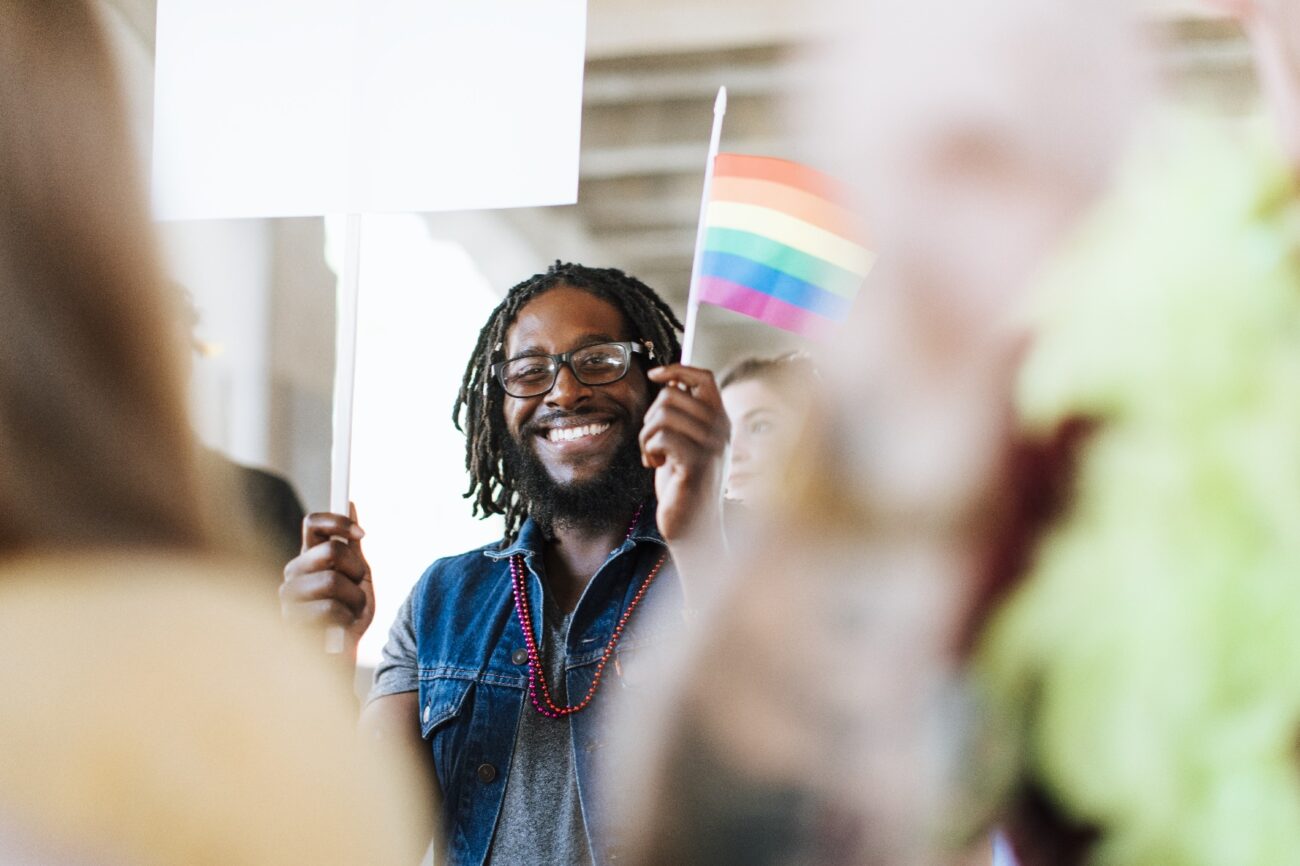International commission finds Jamaica violated LGBT+ rights
In a landmark ruling on LGBT+ rights in the Caribbean, the Inter-American Commission on Human Rights (IACHR) stated recently that Jamaica should retract its colonial-era gay sex ban.
A decade ago, two Jamaicans initiated the case after being attacked by homophobic gangs and sought asylum overseas. Legitimizing violence against LGBT+ people, they said the 1864 ban provoked those crimes on the basis of “abominable crime of buggery” and “gross indecency”.
Gareth Henry, one of the claimants who is now a refugee in Canada, told the Thomson Reuters Foundation that he was overwhelmed with joy by the news.
While describing how he was beaten by the police in front of a mob, he says, “Gays and lesbians continue to be killed and tortured because they are deemed to be different.”
The Human Dignity Trust, an LGBT+ legal advocacy group, which brought the case to light, says that it is the first time the top rights body of the Americas has ruled that criminalizing gay and lesbian people violates international law.
The IACHR, which is based in Washington, is the human rights arm of the Organization of American States, and was created to protect human rights in the region, exclusive of its own enforcement authorities.
Though gay sex is illegal in 68 countries worldwide, says the ILGA advocacy group, Jamaica is one of nine Caribbean countries against gay sex. Homophobia is prevalent and the penalization for same-sex intimacy is up to 10 years in jail with forced labor.
Along with Simone Edwards, who fled to Europe after being shot multiple times outside her home, the ruling said that Jamaica’s anti-gay law violated the rights of her and Henry that included human treatment, equal protection before the law, privacy and freedom of movement.
Tea Braun, director of the Human Dignity Trust, said that the decision is a huge legal victory that’s relevant not only for Jamaica but for the entire region.
She also adds that the largely symbolic ruling would not lead to immediate change.
“It is an important pressure point and hopefully it will accelerate the repeal of these laws,” she said.
Jamaica’s current Prime Minister Andrew Holness said back in 2014 that he wanted to put the gay sex ban to the public in a “Grand Referendum”, along other controversial matters such as marijuana, abortion and whether Britain’s Queen Elizabeth should remain head of state.
The IACHR ruling was made in September 2019, but remained strictly confidential under its directives until recent.
A spokeswoman for the Jamaican government was not immediately available to comment.



